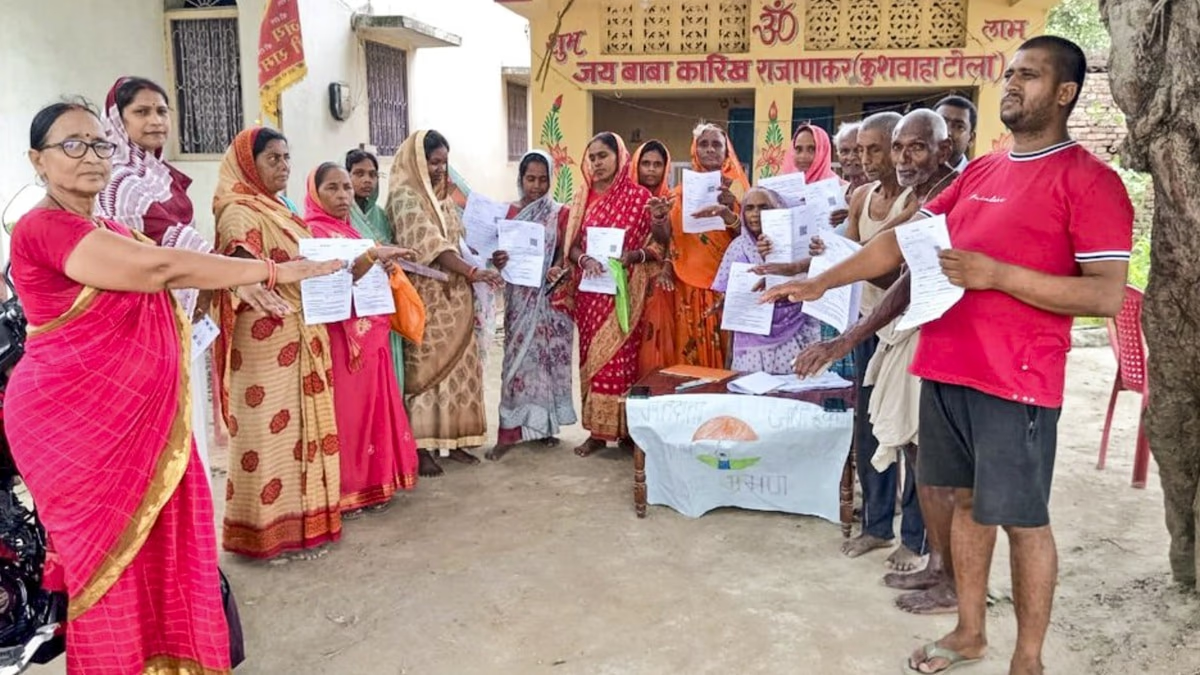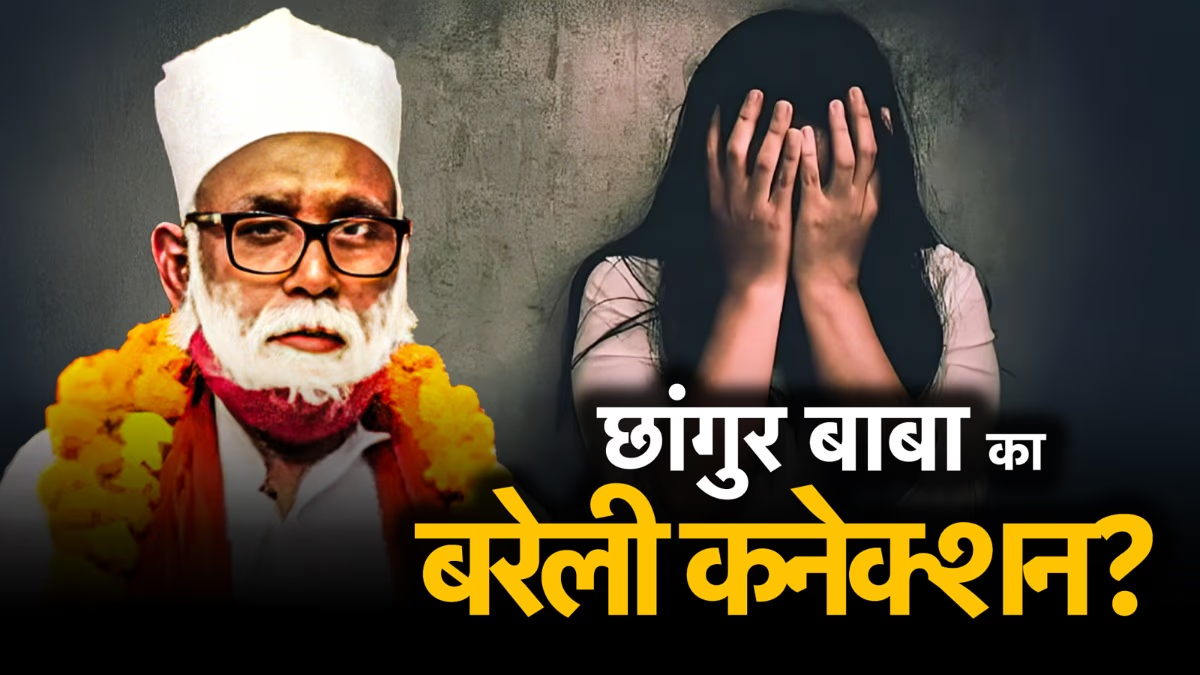The ongoing Special Intensive Revision (SIR) process in Bihar’s Seemanchal region has thrown many women's lives into uncertainty. A woman's identity is no longer her own; she has become the shadow of a husband who may no longer be by her side, having remarried. Without papers, without a husband, without ancestry records, these women are struggling to prove citizenship in a country they never left.
This is not just a battle to register one's name in the voter list, but a fight to validate their very existence. They are trying to connect their lives to a state that is suddenly asking questions they were never prepared to answer. Who are you without your husband's last name? Did your father feature in the 2003 voter list? Is there an elder who can vouch for you? They have no answers, as these questions were never anticipated. These women’s names, dialects, dress, and faces do not fit neatly into government molds. In this corner of Bihar, where suspicion has become systemic and scrutiny often turns biased, their femininity becomes both their greatest vulnerability and their strongest resistance.
In urban Bihar, the SIR process showed significant activity, with Booth Level Officers (BLOs) visiting households to fill out documents. Voters were linked promptly and cautiously to the 2003 list. There was no fear, but crossing into Seemanchal villages painted a different picture. People were seen rummaging through old family records at panchayat offices, attempting to construct family trees. The absence of BLOs was a common grievance, though some officers were cooperative. Behind closed doors, forms were scrutinized. However, the real turmoil unfolded in areas declared 'potentially suspicious' and placed under special surveillance.
Many villages were quietly declared suspicious!
In border districts like Kishanganj, Purnia, and Araria in Seemanchal, doubt has become a system rather than a viewpoint. Villages have been discreetly labeled suspicious. Certain booths were identified, and BLOs received confidential orders about whose names to scrutinize. What are the criteria? If someone can't display their parent's name in the 2003 voter list, their citizenship is deemed suspicious. Residence certificates are no longer issued in many villages. In some instances, complaints arose about bribery for paperwork. A local even shared screenshots of his exchange with the district officer, alleging officials were soliciting bribes for documents.
Aaj Tak team investigates designated booths
The Aaj Tak team embarked on locating these 'designated' booths. They met people in three locations who had nothing beyond an Aadhaar or voter ID card. Some claimed birth there, unaware of their parents' origins. In one region, youths aged between 20 to 25 lacked any government ID, cut off from a system now threatening their erasure. Following this trail, the Aaj Tak team arrived at Rasundangi village in the Dighalbank block. Here, a 32-year-old village head reported three Bangladeshi women as 'evidence of infiltration.' Upon arrival, the team found three Muslim women, two widowed, applying for widow pension certificates. The third stated her husband was mentally ill, seeking economic aid. None possessed documentation beyond Aadhaar cards of husbands — no death certificates, no marriage registrations, no ancestry records.
Names in government registers dictate identity
In conversation with Aaj Tak, they opened up. One woman shared her husband passed away eight years ago; another said he left for a second marriage. They said they’d pay whatever it took just to have their papers made. The head scolded, saying bribery doesn’t work here. He asked them to locate their husbands' names in the 2007 family list, but they couldn’t. One woman hesitantly asked the Aaj Tak reporter to sign, implying, 'The head won’t do it.' Clearly, a name in a government register defines their whole identity. Without it, they are non-citizens.
Women are victims of the system, not infiltrators
One woman bore a Nepali resemblance, confusing the system with her Muslim name. This is Seemanchal's hallmark—blurred lines of language, race, and identity. People have migrated from Nepal and Bangladesh for work or marriage under compulsion for years. These women aren’t conspirators but victims of systemic misunderstanding. They never anticipated questions about their citizenship arising, purely due to lacking a piece of paper. They ask nothing of the government, only recognition as citizens of the country they were born, raised, endured everything for their husbands and children.
Why are women bearing the SIR burden?
In Bihar, the SIR process might be essential to identify illegal infiltration, but its most significant expense falls on women already marginalized by family and society. Now, the state also turns away. This process has morphed into a weapon against their existence, an invisible, unannounced cost borne by widowed and marginalized women.




